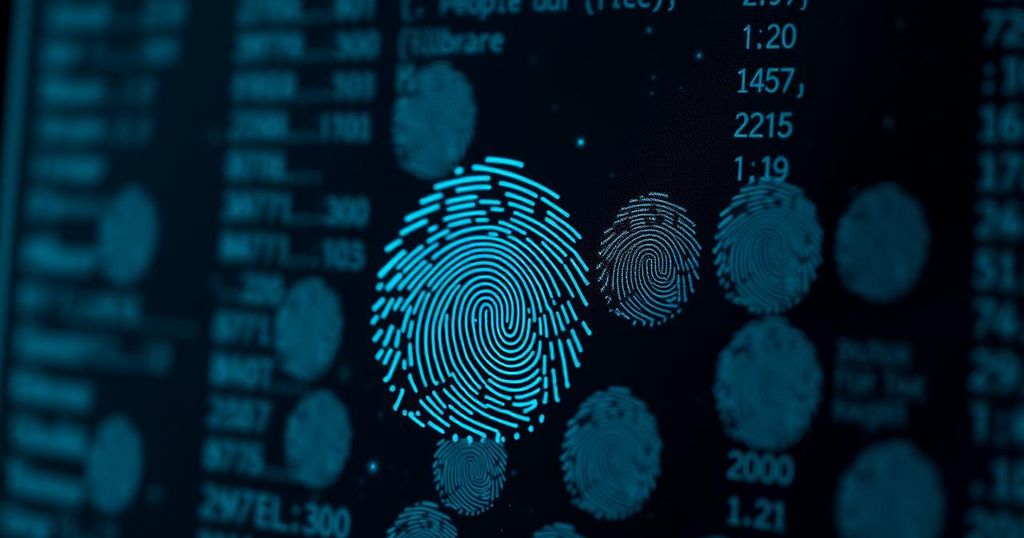The UK National DNA Database now holds over 6 million records and the IDENT1 fingerprint database has surpassed 28.3 million fingerprint forms, providing essential support in solving crimes, with over 820,000 matches to unresolved cases recorded since 2001. The probability of matching DNA profiles has increased to 65%, resulting in thousands of matches to serious crimes. The UK’s expenditure on biometric services has reached £4.4 million, highlighting the importance of biometrics in law enforcement.
The UK forensics landscape has expanded significantly, with the National DNA Database (NDNAD) now containing over 6 million DNA profiles and the finger-printing database IDENT1 registering more than 28.3 million fingerprint records spanning 8.7 million individuals. This information was disclosed in the Forensic Information Databases Service (FINDS) annual report for the 2023-2024 fiscal year, illustrating how law enforcement utilizes biometrics to address crime. Over 820,000 matches to unresolved cases have been made utilizing the NDNAD since its inception in 2001. As of March this year, the likelihood of generating a match from a DNA profile collected at crime scenes approached 65%. The NDNAD has facilitated over 20,800 matches from routine analysis, including 440 related to homicides and more than 500 associated with rapes. The FINDS suite includes databases not only for DNA but also covers vulnerable and missing persons. In fingerprint analysis, there were over 417,000 searches within the National Fingerprint Database and National Automated Fingerprint Identification System (NAFIS), yielding 12,800 matches in the last year alone. The Home Office Biometrics Programme (HOB) supports the FINDS initiative, focusing on optimizing biometric data matching and identification encompassing DNA, fingerprints, and facial recognition. Last fiscal year, £4.4 million (approximately US$5.7 million) was invested in the services provided by HOB, including the NDNAD, IDENT1, and the National Footwear System. This report also highlights the UK’s international collaborations in sharing biometric data, having connected with 25 EU member states since the initiation of DNA profile exchanges in July 2019. Furthermore, fingerprint data is being exchanged under the Prüm Treaty framework to enhance cross-border cooperation in forensic investigations.
The utilization of biometric data has become increasingly pivotal for law enforcement agencies worldwide, particularly in the UK, where advancements in technology allow for enhanced identification capabilities. The National DNA Database (NDNAD) and the IDENT1 fingerprinting system serve as crucial tools for forensic investigations by storing vast amounts of biological and biometric data, enabling law enforcement to solve crimes more effectively. The significant growth of these databases reflects both an increase in forensics technology and a commitment to address unsolved crime through data-driven investigations. The collaborative efforts with EU member states to share biometric information underline the importance of international cooperation in enhancing national and international security.
The UK’s forensics database has demonstrated its effectiveness in solving crimes, with substantial growth in both DNA profiles and fingerprint records. The reported statistics from the Forensic Information Databases Service (FINDS) reflect the vital role of biometrics in contemporary law enforcement strategies. Continued investment and international collaboration further bolster the potential for crime resolution and preventive measures against criminal activity.
Original Source: www.biometricupdate.com





